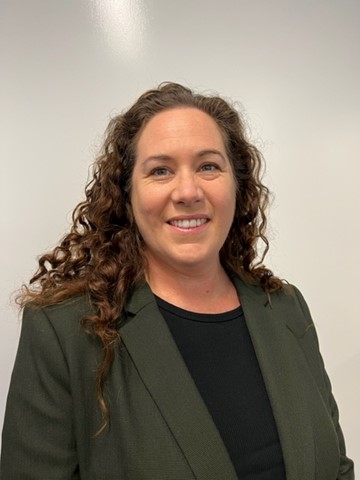Services
About our Perinatal Postmortem Service
You can provide families with an opportunity to understand the reasons for their loss by referring their case for a perinatal postmortem examination.
We acknowledge this is a difficult time for families and a very personal decision.
All non-coronial perinatal post-mortems in NSW are now managed by a statewide service – the NSW Perinatal Postmortem Service.
To help families in your care, please contact our Perinatal Postmortem Team as soon as possible so they can:
- provide the treating team with information to determine if a postmortem examination and available ancillary tests will be of benefit
- connect a perinatal anatomical pathologist with the family to help answer questions and explain the tests involved
- arrange the consent process and documentation required
- assist with transport arrangements and
- ensure the family’s individual cultural and religious needs are met.
Coronial and non-coronial postmortems
There are two types of postmortem examinations performed in NSW: coronial and non-coronial.
- Coronial postmortems are performed by forensic pathologists in the event of an unexpected or unexplained reportable death and at the request and direction of the NSW Coroner. For example, car accident fatalities, homicides, and suspicious or unexplained deaths.
- Non-coronial postmortems are typically carried out in hospital mortuaries by anatomical pathologists. These are usually performed at the request of families.
The NSW Perinatal Postmortem Service offers non-coronial postmortem examinations carried out by highly specialised paediatric anatomical pathologists.
Contact the NSW Perinatal Postmortem Service
Our Perinatal Care Service Care Coordinators are available via email or phone, Monday to Friday during business hours (with weekend emails answered the next working day).
- Susi Guinane 0436 698 366
- Fiona O’Shannessy 0476 276 283.
Clinicians can also make a referral online by clicking below.
Make referralFor urgent or after-hours postmortem advice please call:
- The Children’s Hospital, Westmead: phone (02) 9845 0000 and ask to be transferred to the on-call pathologist
- John Hunter Hospital: phone (02) 4921 3000 and ask to be transferred to the on-call pathologist
- Prince of Wales Hospital: phone (02) 9382 2222 and ask to be transferred to the on-call pathologist.
Guides & Forms
More information for health professionals on reportable deaths and stillbirth, and policies and guidelines
The Australian Commission on Safety and Quality in Health Care (ACSQHC) has developed a Stillbirth Clinical Care Standard.
The clinician resource is:
The Australian Commission on Safety and Quality in Health Care (ACSQHC) has developed a Stillbirth Clinical Care Standard.
The clinician resource is:
The following policies, guidelines and information bulletins are relevant to post-mortem examinations:
- PD2013_051 Non-coronial Post Mortems
- PD2008_012 Destitute Persons – Cremation or Burial
- PD2021_029 Verification of Death and Medical Certificate of Cause of Death
- PD2007_094 Client registration policy
- PD2018_006 NSW Register of Congenital Conditions - Reporting Requirements
- IB2020_010 Consent to Medical and Healthcare Treatment Manual
- PD2021_006 Reporting of Maternal Deaths to the NSW Clinical Excellence Commission
- PD 2022_046 Investigation, Review and Reporting of Perinatal Deaths
- PD2022_035 Organ and Tissue Donation, Use and Retention
- PD2023_002 Designated officer policy and procedures
- PD2022_035 Management of Sudden Unexpected Death in Infancy (SUDI)
- PD2015_025 NSW perinatal data collection reporting and submission requirements
- NSW Health website: Final arrangements of the deceased
- GL2007_024 Client registration guideline
- GL2007_013 Genetic Testing - Guidelines for prioritising genetic tests
- GL2023_008 Use of Human Tissue for Research
- GL2014_006 Maternity indication for placental histological examination
- Preparatory Tips for Conversations About Perinatal Post-Mortem With a Grieving Family
- Attend a Conversations about perinatal postmortem course through HETI. This module provides a broad introduction to the conversation about non-coronial perinatal post-mortem with a grieving family. This is a difficult conversation that requires a high level of sensitivity.
Staff Contact


Media Contact

